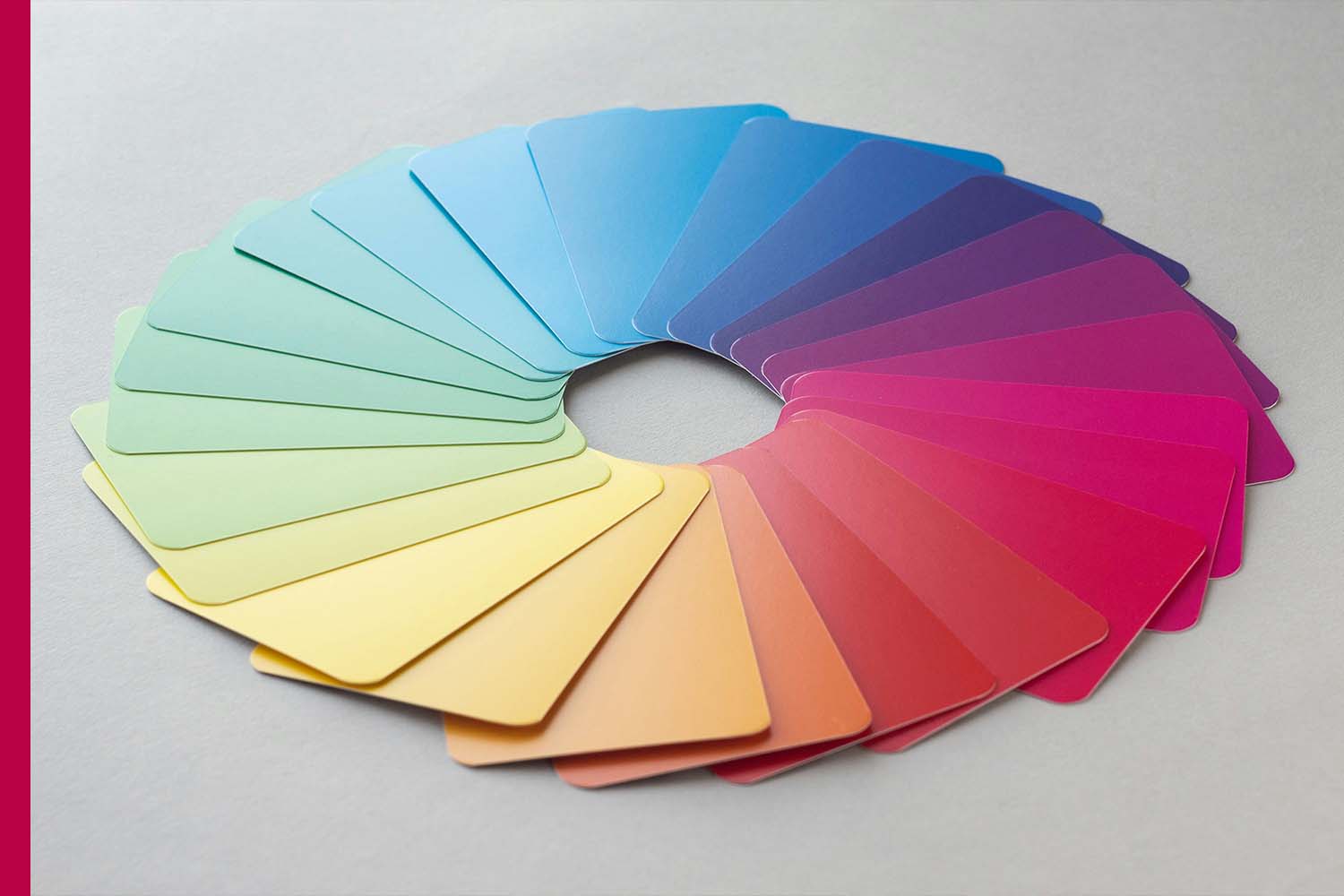In a world that often feels overwhelming, noisy, and endlessly demanding, it can be difficult to slow down long enough to listen to our own thoughts. Many of us move from task to task, meeting deadlines, scrolling through endless feeds, and juggling responsibilities, rarely pausing to reflect on what is truly going on inside our minds. This constant flow of external stimulation often leaves us feeling scattered, anxious, and uncertain. One simple yet powerful practice that can bring clarity, peace, and direction is journaling. Far more than just keeping a diary, journaling is a deliberate act of engaging with your inner world on paper. It allows you to process emotions, organize thoughts, and uncover insights that might otherwise remain hidden beneath the noise of everyday life.
At its core, journaling is about creating a safe and private space where your thoughts can exist freely without judgment. The page does not criticize, interrupt, or demand; it simply listens. This act of writing, even when it is unstructured or messy, gives your mind the freedom to release what it has been holding onto. When worries, doubts, or swirling emotions are translated into words, they no longer exist as an amorphous cloud in your head. They take shape, and in doing so, they become more manageable. This is the first gift of journaling: the simple relief of letting your thoughts breathe outside of your mind.
Beyond emotional release, journaling serves as a mirror. It reflects back patterns and truths that we might not notice in the rush of our daily lives. When you write consistently, you begin to see recurring themes perhaps the same frustrations appear again and again, or maybe certain dreams and desires keep resurfacing. These patterns are important signals of what your mind and heart are truly preoccupied with. While it is easy to ignore fleeting thoughts, seeing them written down reveals their significance. Over time, this process helps clarify what really matters to you and where you may need to direct your energy.
Clarity also comes from the act of slowing down. Writing by hand, in particular, forces us to decelerate, since our hands cannot move as fast as our thoughts. This slower pace naturally encourages deeper reflection. Instead of being swept away by a flood of mental chatter, journaling anchors you to one thought at a time. This focus often reveals insights that might have been missed in the chaos of a busy day. Many people find that problems that once felt complicated become simpler when written down. What seemed overwhelming as a swirl of anxiety in the mind may shrink into a clear to-do list, a new perspective, or even a solution when put on paper.
Journaling also nurtures emotional awareness. Often, people carry stress, sadness, or anger without fully acknowledging what they are feeling. By naming emotions in writing, you validate and process them. For instance, writing “I feel anxious about this meeting tomorrow” is different from just experiencing a vague sense of dread. Once you have put words to the feeling, you can begin to explore why you feel that way and what steps you might take to cope. This kind of self-reflection fosters emotional intelligence and makes it easier to respond to challenges with greater calm and understanding. In this sense, journaling is not just about mental clarity but also emotional regulation.
Another dimension of journaling’s power lies in its ability to help you gain perspective on your life. When you record your experiences, thoughts, and feelings regularly, you create a written record of your personal journey. Looking back on past entries can be incredibly illuminating. You might realize that a problem that once felt insurmountable has been overcome. You may notice how much you have grown or how your priorities have shifted over time. This long-term perspective can provide encouragement during difficult moments, reminding you that challenges are temporary and that progress is always possible.
Journaling also offers a space for intentionality. Writing down goals, dreams, and aspirations has a powerful effect on the mind. When you take the time to articulate what you want and why it matters, you bring clarity to your ambitions. This act of putting pen to paper often transforms vague wishes into concrete plans. Many successful individuals attribute part of their clarity and focus to the habit of journaling their goals and reflecting on their progress. The practice acts as a compass, guiding you toward a life aligned with your values and desires.
It is important to remember that journaling does not require perfection. Many people hesitate to start because they worry about grammar, spelling, or whether their writing will “make sense.” But journaling is not about creating something polished for others to read; it is about expression. Messy handwriting, incomplete sentences, or scattered thoughts are not only acceptable but expected. The freedom to write without judgment is what makes journaling effective. Over time, this acceptance of imperfection can spill into other areas of life, fostering self-compassion and reducing the pressure to always “get it right.”
There are countless ways to approach journaling, which makes it accessible to everyone. Some prefer free writing, where they let thoughts flow onto the page without structure. Others find value in prompts, such as “What am I grateful for today?” or “What challenges am I facing right now?” Gratitude journaling, in particular, has been shown to improve mood and overall outlook by shifting attention toward positive experiences. Reflective journaling can help process past events, while future-oriented journaling can clarify goals and intentions. The method is less important than the consistency the simple act of showing up with pen and paper regularly is what unlocks its benefits.
In the modern world, where technology dominates much of our attention, journaling offers a rare opportunity to disconnect and be fully present with oneself. Unlike typing on a device, which often comes with distractions and notifications, writing by hand slows you down and creates a tactile, grounded experience. This analog practice can feel refreshing and restorative, offering a counterbalance to the digital overload of contemporary life. Even a few minutes of writing in the morning or before bed can become a ritual of mindfulness, a way of carving out space for clarity amid the chaos.
Ultimately, journaling is less about the act of writing and more about the act of listening listening to yourself in a way that is rare in a busy world. It is a practice of self-care, self-reflection, and self-discovery. Over time, it cultivates a deeper connection with your inner voice and provides the clarity needed to navigate life with intention. Whether you are seeking to manage stress, make sense of your emotions, or simply pause and reflect, journaling is a tool that meets you where you are. Its simplicity is its strength: all you need is a notebook, a pen, and a willingness to be honest with yourself. In that honesty lies the potential for clarity, peace, and growth.








